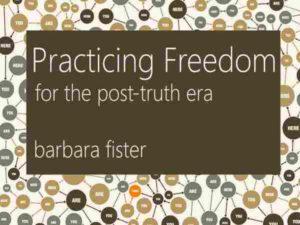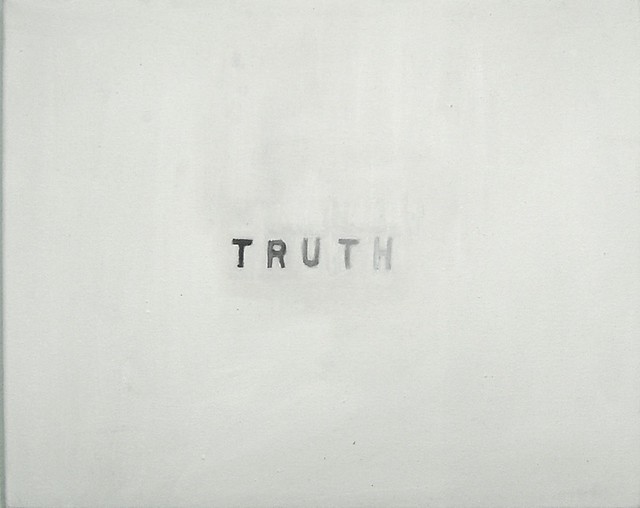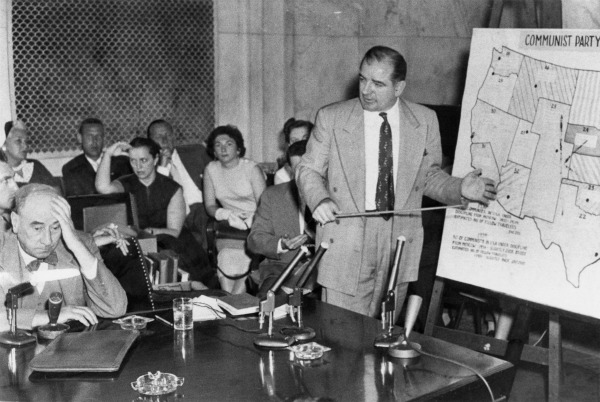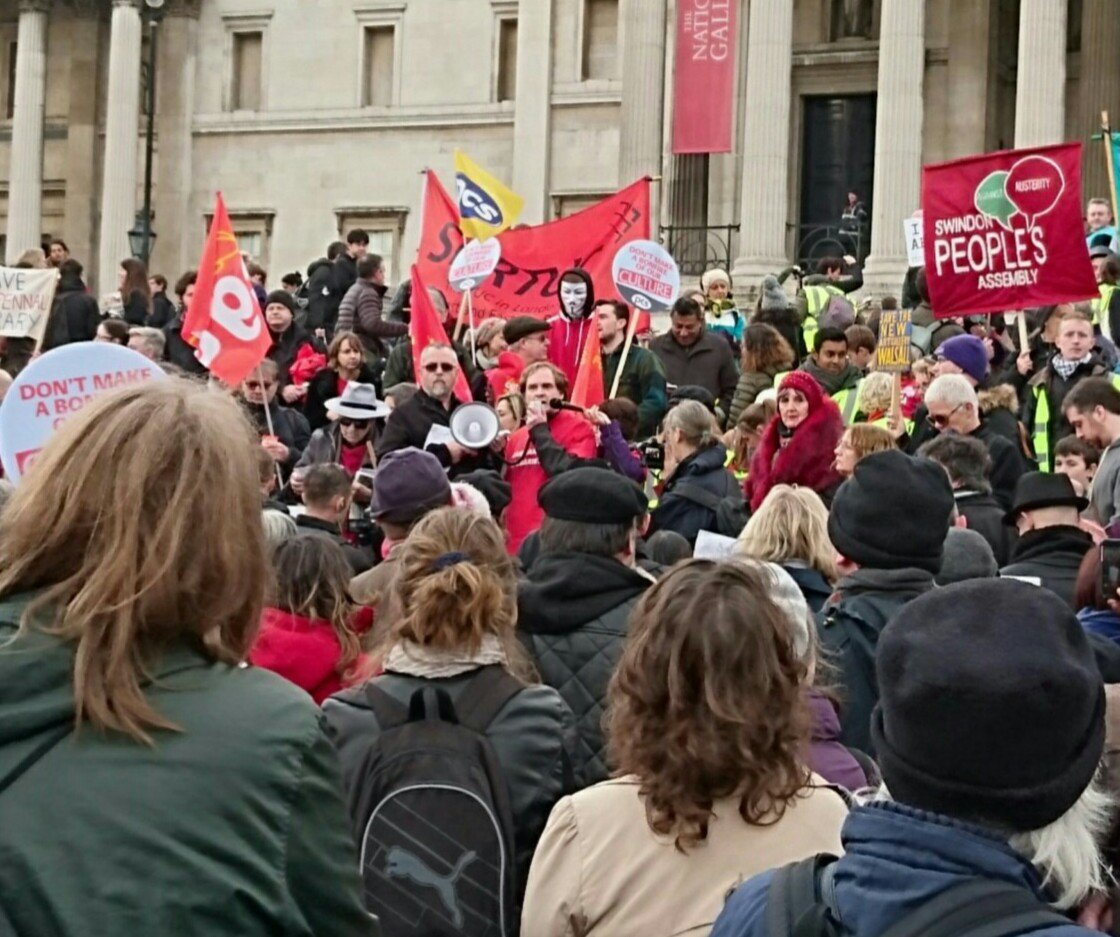 I like to point out, whenever possible, how library systems encode bias just as newer algorithmic search systems literally encode it while seeming blissfully, mechanically, inhumanly incapable of being anything but neutral. I’m reminded of something one of our faculty members said when discussing what critical concepts about information our students should grasp.
I like to point out, whenever possible, how library systems encode bias just as newer algorithmic search systems literally encode it while seeming blissfully, mechanically, inhumanly incapable of being anything but neutral. I’m reminded of something one of our faculty members said when discussing what critical concepts about information our students should grasp.
Information has to be organized and how it is organized matters.
That’s profoundly true, and so easy to forget when helping students find information in systems that are complicated enough without explaining how they got that way. The exoskeleton of the library stacks is hidden from view unless you step back and wonder about why this subject is next to that, or why there’s loads of room for one subject but not for another.
But the embedding of named categories inside a call number . . . this post from a metadata blog with a terrific name (I Never Metadata I Didn’t Like) shows just how ubiquitous and problematic our ghostly past of categorization is. It’s a piece of call numbers used in academic libraries all over the country and once you see it you can’t unsee it. Continue reading “How Information Is Organized”

 Reposted from
Reposted from 
 Reposted from
Reposted from 